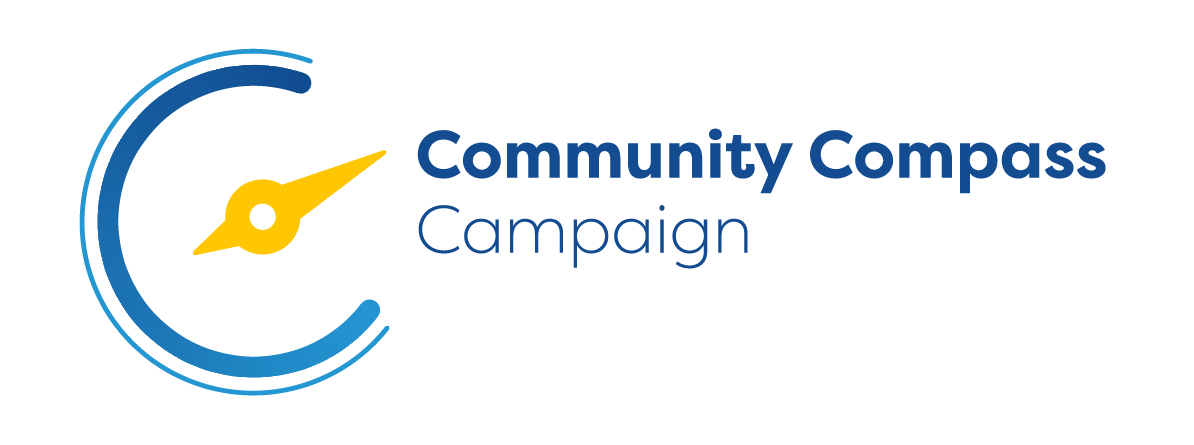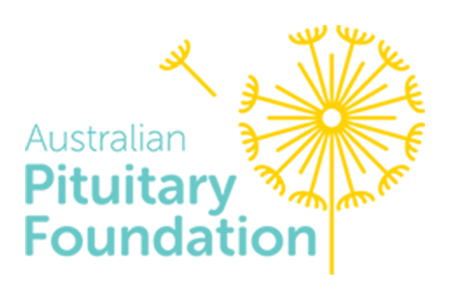Community Compass Campaign
In partnership with Ipsen, the Australian Pituitary Foundation (APF) present the Community Compass Campaign, a disease awareness initiative empowering patients to navigate how they live with Acromegaly through the shared experience of other people living with the condition.
David's Story
“I’d been going to see doctors for many years, in relation to headaches on the left side of my head.”
David, diagnosed with acromegaly.
David went to see numerous specialists – it just wasn’t picked up. Then thankfully, one evening, he was about 28 years of age, went into a late-night medical centre with a chest infection. But the doctor wasn’t interested in his chest.
The doctor proceeded to ask David a few key questions.
“Have you had to have your wedding ring increased in size?’ – I said, ‘Yes, I have’ He said, ‘Do you perspire a lot?’, ‘Have you had to get bigger shoes? Do you have some pains in your knees or your joints? Have you had issues with your teeth?’. I said, ‘Yes’. ‘Listen’ he said, ‘the thing is I’d just like to do a blood test.”
A simple blood test came back, and it showed that David’s growth hormone levels were off the scale.
For wife Kerrie, the reality of David’s diagnosis was setting in.
“David’s very self-reliant and self-sufficient. He went off and got himself looked at, got himself really diagnosed. The doctors we originally were seeing, they were going down the radiotherapy, which is going to have impacts on having a family. He was only 28 years old. It was just not a nice scenario.”
David’s loved ones asked if he could get a second opinion. So, he went to see another specialist.
This specialist put David on a medication that he responded to very well. His growth hormone levels stabilised, meaning that he would only require a needle once-per-month.
“One of the best things that I can suggest is that if you’re not happy with the diagnosis, please get a second opinion.”
Shari's Story
“It’s really hard to explain the years before being diagnosed – how confused you are. Just really confused with what am I doing wrong? And then when you get diagnosed and realise you’re not doing anything wrong.”
Shari, diagnosed with acromegaly.
Shari was living with acromegaly for around 8 years before she was diagnosed, which happened when she was being wheeled into emergency surgery for a pituitary tumour.
At the time, her surgeons preparing her for surgery asked a few key questions that led to her diagnosis.
“’Does your jewellery not fit you anymore? Do your rings not fit?’ and I said, ‘Yeah’. And then they said ‘What about your shoes? Have you gone up in shoe size?’. And I was like, ‘Yes, but what does any of this have to do with my brain?’. They said, ‘We think you’ve got acromegaly.’ . …They did the tests in hospital and it was confirmed that I do have what they suspected.”
The diagnosis changed Shari’s perspective and priorities in life.
“I really just valued time and quality time with my family, I really valued my health.. . . I wanted to be able to be in sunshine all the time and swim every day and be happy rather than work silly hours and just not do the things that make me happy.”
For partner Chris, there was acceptance of the ongoing learning curve ahead of them both.
“I think little things help a lot, like attending medical appointments together and trying to be there every step of the way so she knows that she’s not doing this alone.”
Together, they look for the positive in the challenging experiences. For Shari, the diagnosis has led to a focus on healthy living.


Looking for more support and resources?

Acromegaly Fact Sheet
Acromegaly occurs when your pituitary gland makes too much growth hormone, due to a pituitary tumour.

Acromegaly Support Groups
Every February and August, the APF hold online support groups via zoom. Click the button below to register your interest for the next Acromegaly Support Group.
